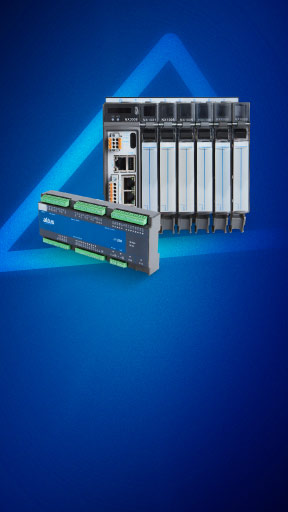With the increase in internet use and cyber attacks on the public network, the need has arisen to connect devices in a safe and cheap way, keeping data encrypted and difficult to intercept. This structure, called VPN, is the topic of today's article. Find out the main information about this service below.
What is a VPN
VPN, an acronym in English for Virtual Private Network, is an intermediate and optional network service between the user and the internet. It is through it that we can carry out confidential browsing, with encrypted internet traffic and another online identity, making it difficult to track our activities on the network.
To better understand how this service works, we must understand that, when we connect to the internet, we are identified by an IP address. This address, together with much of our data, travels openly and can be intercepted by hackers. When we use a VPN to connect, we can protect ourselves and not be easily identified, as we will be using an IP address provided by the VPN server.
What is the resource for?
By functioning as a type of bridge connecting different devices via the Internet, VPN offers different functions to users. In 2020, during the beginning of the pandemic period, where home office gained prominence as a work modality, VPNs allowed employees to connect to the company's network to save files and send confidential information. This activity also favored contact between employees, who were able to exchange information via a private network.
VPNs can also be used to access content that is blocked depending on the region where we live. Imagine that the federal government approves a ban on access to American news sites. Through VPNs, we will be able to access them by choosing a region, for example, North America or Europe, and masking our real IP address.
The VPN service also offers protection for our privacy and data in case we can only use public networks, where organizations can have easy access to what we do. In this way, a secure and encrypted connection is promoted.
Main types
Currently, there are several types of VPNs, each capable of offering different types of connections. Discover the most used ones below:
- PPTP VPN: Acronym in English for Point-to-Point Tunneling Protocol, this VPN creates a tunnel and captures data, being the most commonly used. It is useful for both business users and home users. It is compatible with Windows, Mac and Linux systems.
- Site-to-Site VPN: Also called Router-to-Router VPN, this protocol is most used in corporate operations. Here, a virtual bridge is built that joins networks in different locations and connects them with the internet, maintaining secure and private communication.
- L2TP VPN: Acronym in English for Layer 2 Tunneling Protocol, this VPN is combined with another security protocol to establish a more secure connection, forming a tunnel between two connection points L2TP and another VPN. It is quite similar to PPTP.
- IPsec: Short for Internet Protocol Security, this category protects communication over an IP network. A tunnel configured at a remote site allows access to your central site and protects Internet data by verifying each session and individually encrypting data packets across the entire connection.
- SSL and TLS: Acronym for Secure Sockets Layer and Transport Layer Security, here, the Web browser serves as the client and user access is restricted to specific applications rather than an entire network. It is mainly used by online shopping sites and service providers.
- VPN MPLS: Acronym in English for Label Switching, they are most used for Site-to-Site connections. It is a standards-based feature that is used to accelerate the distribution of network packets across various protocols.
- Hybrid VPN: This category combines the MPLS and IPS models or VPNs based on IPsec, and are used by companies where using MPLS on their websites would not be the most suitable option.
VPN in industrial automation
VPNs offer the possibility of remote configuration and telemetry in hard-to-reach places. Imagine that you are in an isolated location in China and need to make configurations and changes to the design of your automation devices. Through this service, it will be possible to connect safely and with few risks anywhere in the world, avoiding travel and wasting time and financial resources.
In this way, according to the different types of VPN connections, it is possible to transmit encrypted information and guarantee greater security for your business and your devices, guaranteeing confidence in the development of processes.
IoT gateway with embedded VPN
Bring more connectivity, security and control to your applications, with our Gateway IoT TLE3-21100.
With it, your business has a wide variety of communication resources and network functions available, it is the ideal solution for telemetry applications /span> and remote access in the most different segments of the industry.
The TLE3-21100 IoT Gateway TLE3-21100 supports WAN VPN. type IPSecand OpenVPN, which makes it possible to create a private tunnel with your application wherever you are in a completely safe way.
Download the technical documentation and ask for a quote!












